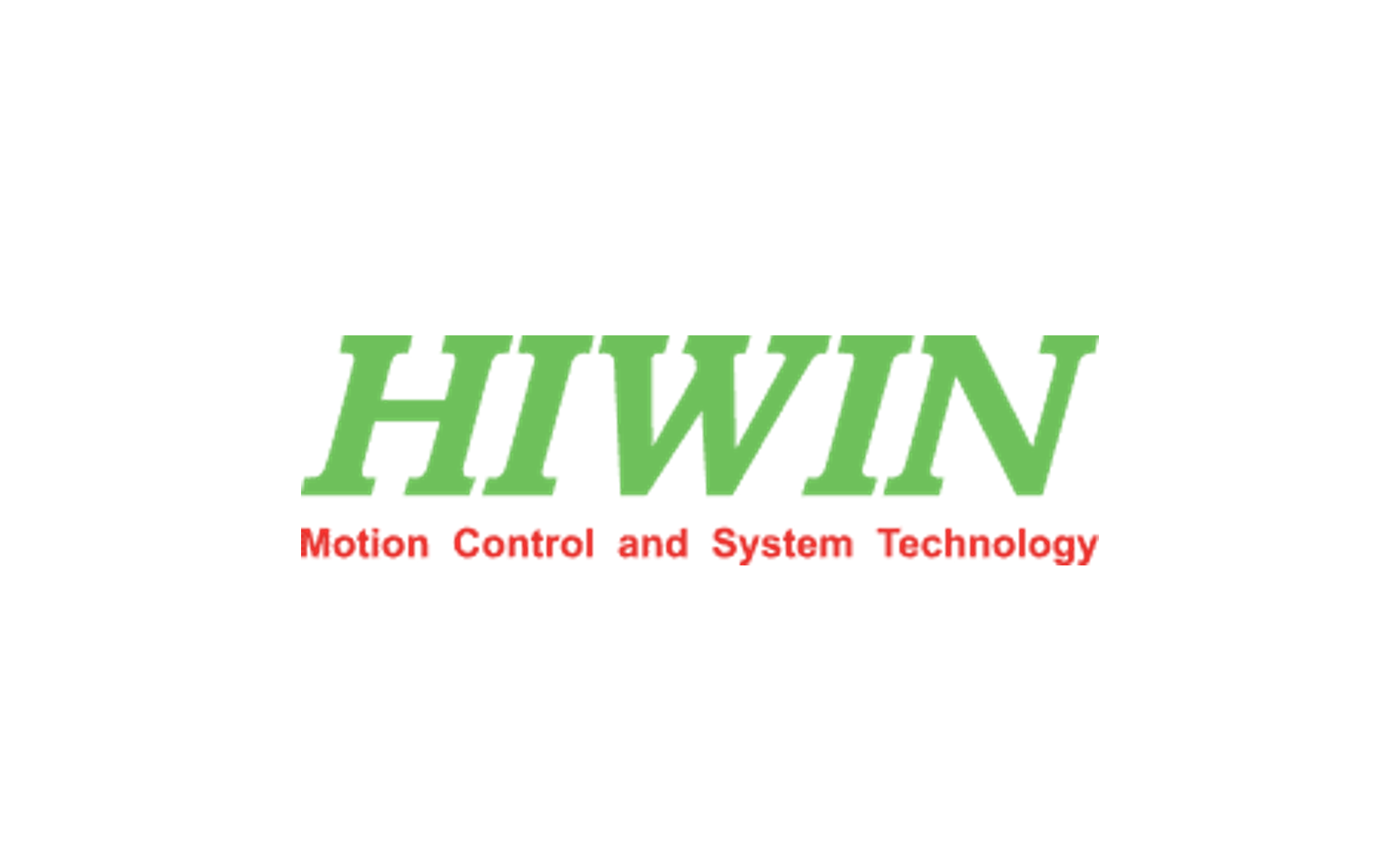Lead screws and end bearing units are key components in mechanical systems. Lead screws convert rotational motion into linear motion, enabling precise positioning, controlled movement, and speed management. End bearing units support rotating parts and reduce friction and vibrations between components, improving machine efficiency and lifespan. Machined lead screws equipped with ball-bearing standard end units offer a simple and compact solution.
We offer the most comprehensive selection of lead screws, their end bearings, and lubrication solutions for linear motion components. Our wide stock range, along with cutting and machining services, ensures quick availability.

Hiwin was founded in Taiwan in 1989. The company’s founder, Eric Y. T. Chou, still serves as the CEO. The group has its own offices in Germany, Japan, the United States, Italy, Switzerland, the Czech Republic, France, Singapore, South Korea, and China. In addition, the company’s extensive reseller network ensures global availability. One of Hiwin’s strengths is its comprehensive product range combined with excellent accessibility.
Get to know the supplierThe selection of the right lead screw type is influenced by many factors and depends on the application requirements and operating conditions. Here are some key factors to consider:
Precision and Repeatability: If high precision and repeatability are required, such as in CNC machines or machining centers, ground ball screws are typically recommended. They offer the best repeatability, efficiency, and longest lifespan.
Load Capacity and Speed: It’s important to assess how much axial load the lead screw must withstand, as well as acceleration and deceleration. Ball screws have a higher load capacity and are better suited for high speeds.
Service Life and Maintenance: Ball screws generally have a longer service life and require less maintenance compared to, for example, trapezoidal screws or other lead screws. The service life of ball screws can be calculated with formulas, which aids in selecting the right product.
Price: Ball screws are more expensive than trapezoidal screws. Other types of lead screws are more cost-effective unless high precision or a long service life is required.
Installation and Environment: Consider the installation space’s size and shape, as well as environmental conditions such as dust or humidity. Lead screws, such as those made from stainless steel, are better suited for harsh environments. Ball screws are also available with special coatings.
Lubrication and Temperature: Take lubrication needs and temperature ranges into account during the design phase. Some screw types require more lubrication and are more sensitive to temperature fluctuations.
Deflection and Vibration: Evaluate how critical errors caused by deflection and vibration are in your application. This can influence the selection of screw type and material.
Availability and Spare Parts: Consider the availability of components and spare parts. Widely used models and brands are generally more readily available.
Our experts are here to assist you in selecting the right screw!
The selection of the right end bearing largely depends on the same factors as selecting a ball screw. Here is a summary of the selection guidelines between different bearing types:
Load: Assess the magnitude and direction of the load (axial, radial, or combined). This will determine whether ball bearings, roller bearings, or needle bearings are required.
Speed: The bearing must be able to withstand the required rotational speeds of the application. As speed increases, the bearing temperature rises, which can affect the choice of lubricant and bearing lifespan.
Precision and Stiffness: Some applications, such as machine tools, require high precision and stiffness. In such cases, preloaded or high-precision bearings can be selected.
Lubrication: Bearing lubrication needs vary. There are self-lubricating bearings as well as those requiring regular oil or grease lubrication.
Environmental Conditions: The bearing must withstand environmental conditions, such as moisture, corrosion, dust, and temperature fluctuations.
Space Requirements: The physical size and shape of the bearing unit must be adapted to the spatial requirements of the application.
Service Life and Reliability: Assess the bearing’s service life. Long-lasting bearings may be more expensive but can reduce maintenance and downtime costs over the long term.
Manufacturer Support and Availability: Consider the manufacturer’s support, technical assistance, and availability of spare parts.
Special Requirements: In some cases, the bearing must meet specific requirements, such as particular standards or certifications.
Lead Screws
Bearings
The selection of lubricants for different types of lead screws and bearings depends on their intended use and operating conditions. Ball screws typically require high-quality, pressure-resistant grease that offers good protection and low friction. Trapezoidal screws rarely need special greases.
For bearings, the lubricant choice depends on the type of bearing and its operating conditions. Ball bearings often use multi-purpose grease, while more heavily loaded roller bearings may require high-pressure grease. The viscosity, temperature resistance, and water resistance of the lubricant are also important factors to consider. Additionally, it is essential to follow the manufacturer’s recommendations and account for environmental conditions, such as temperature and humidity.